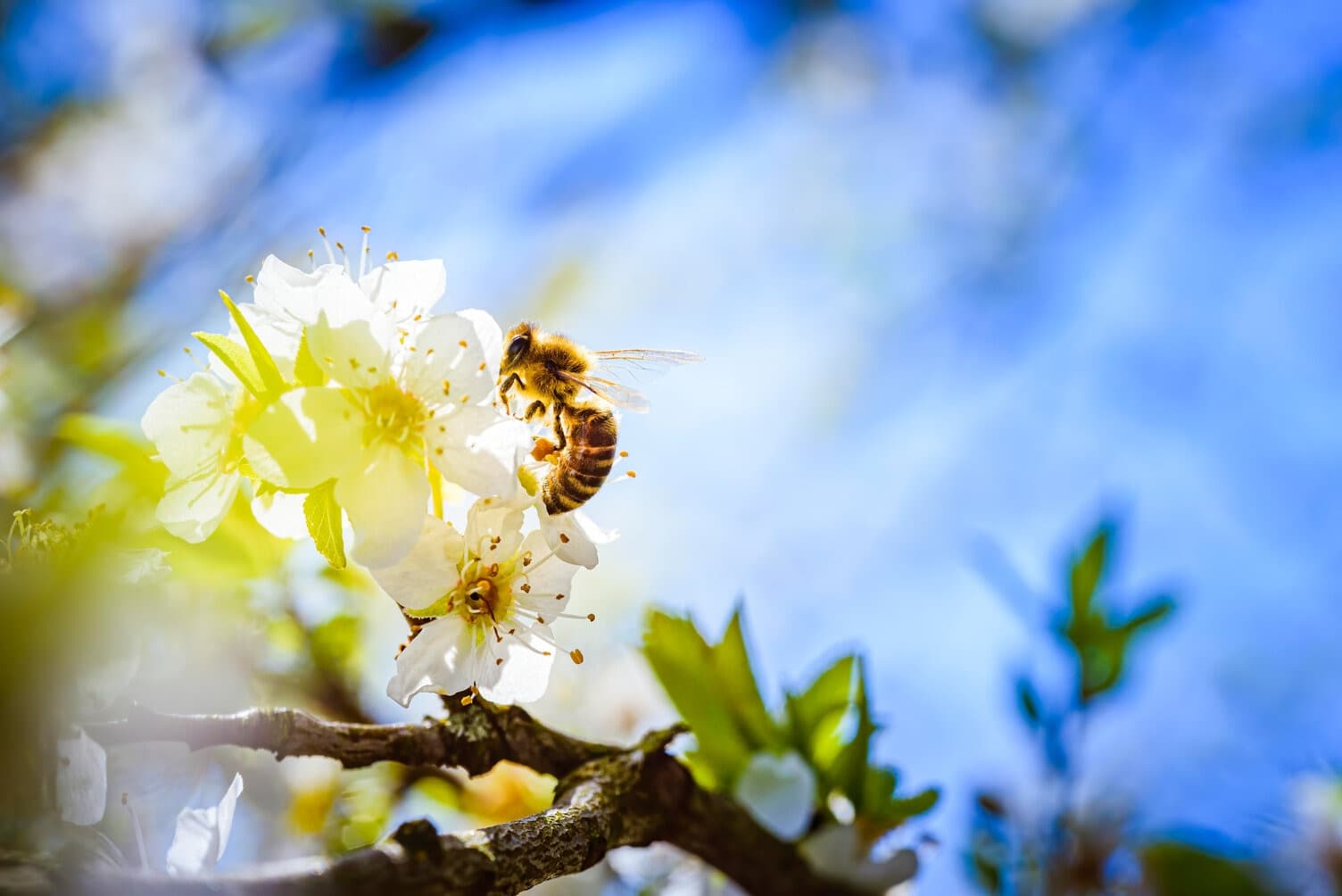- Authors

- Author
- Author
- Name
- Zuzana Slobodova
- Published on
The Vital Role of Bees in Our Ecosystem

Have you ever stopped to wonder about the tiny workers who play a monumental role in maintaining the balance of our ecosystems? Yes, I'm talking about bees - those buzzing, industrious insects that are far more important than many of us realize. Today, let's dive into the world of bees and uncover the reasons why we should all be their biggest fans.
Bees: Nature's Master Pollinators
Bees are among nature's most prolific pollinators. As they move from flower to flower in search of nectar, they transfer pollen, facilitating the reproduction process of plants. This might sound like a small contribution, but the reality is staggering: approximately one-third of the food we consume each day relies on pollination mainly by bees. From fruits and vegetables to nuts and even the crops that feed our livestock, bees are to thank for much of the variety in our diet and the food on our plates.
The Ripple Effect of Healthy Bee Populations
The significance of bees extends far beyond our agriculture. They are key players in preserving the biodiversity of our ecosystems. By ensuring the reproduction of a wide range of plants, bees support not just food crops but also wild flora, contributing to healthy and diverse habitats. This, in turn, supports a wide array of wildlife, creating a vibrant and interconnected web of life.
Facing the Buzz: Challenges and Threats
Despite their crucial role, bees are facing an alarming array of threats. Habitat loss, pesticide use, climate change, and diseases are just a few of the hurdles that have contributed to a decline in bee populations worldwide. This decline is more than an ecological issue; it's a direct threat to our food security and natural health.
A World Without Bees:
Imagining a world without bees paints a grim picture: our diets would suffer as many fruits, vegetables, and nuts become scarce, leading to global food insecurity and nutritional deficits. Ecosystems would crumble without bee-pollinated plants, causing a domino effect of declining animal species and destabilized natural habitats. Economically, the agriculture sector would face skyrocketing costs for manual pollination, pushing food prices up and making sustainable practices a challenge. The cultural loss would be profound, as bees symbolize industriousness and are a testament to our bond with nature. This stark reality underscores the urgency of actions to protect bees, ensuring that this scenario remains a cautionary tale, not our future.
How Can We Help? Every Flower Counts
Feeling a buzz to help out? There are plenty of ways to support our tiny allies:
Plant Bee-Friendly Gardens: Whether you have a vast backyard or a small balcony, planting native flowers and herbs can provide much-needed nourishment and refuge for bees.
Go Chemical-Free: Reduce or eliminate the use of pesticides and herbicides in your garden. These chemicals can be harmful or even lethal to bees.
Support Local Beekeepers: Buying local honey not only supports your local economy but also encourages practices that are more likely to be bee-friendly.
Create Bee Habitats: Leave a section of your garden wild or install a bee hotel to offer shelter for solitary bees.
Spread the Word: Educate others about the importance of bees. Awareness is the first step toward change.
Summary
Together, We Can Make a Difference
Bees may be small, but their impact on our world is immense. By taking steps to protect and support bee populations, we contribute to a healthier planet, rich in biodiversity and resilient ecosystems. Let's not take these tiny workers for granted. Instead, let's work together to ensure they continue to buzz happily in our gardens and fields for generations to come.